
When I started this site, I wouldn’t have considered reviewing a country-pop teenage starlet, but Taylor Swift has enjoyed a phenomenally successful career where she’s transcended genre boundaries. Named after James Taylor, even as she’s left the country genre, Swift has retained the confessional, story-telling narratives of country in her songwriting.
Swift’s first album, 2006’s Taylor Swift, was released at 16, and its best track, ‘Our Song’, was written for her 9th-grade school talent quest. However, I’m much more interested in the adult, pop-oriented Taylor Swift. There are plenty of good songs on her early albums, and Fearless in particular is very strong. But Red and 1989 are pop marvels, full of hooky, relatable songs, and she’s also impressed with indie-flavoured records like Folklore and Evermore.
Swift’s probably not the artist for you if you want complex, challenging music. Her speciality is straightforward, emotionally communicative songs. But she’s transitioned from teen prodigy to adult megastar more seamlessly than anyone else in the history of popular music. Swift is such a major celebrity and savvy businesswoman that it can overshadow her talents as a songwriter, but she deserves to be recognised an outstanding pop writer.
Taylor Swift Album Reviews
Favourite Album: 1989
Overlooked Gem: Fearless
Taylor Swift
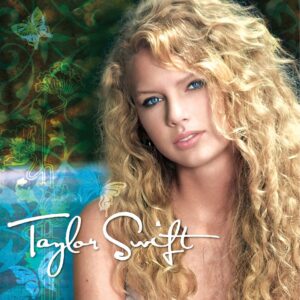
2006, 6.5/10
Taylor Swift started writing the songs for her debut at the age of twelve and wrote most of the songs in her freshman year of high school. She collaborated with songwriter Liz Rose on many of these songs, although the standout track, the closing ‘Our Song’, was written by Swift alone for her 9th-grade talent quest. Swift’s main musical collaborator is producer Nathan Chapman – he’d worked with Swift on her demo tapes, and Taylor Swift was his first full-length production. He gives the album a smooth veneer when it would possibly benefit from a slightly rougher edge, but he certainly did enough to propel Swift on the road to mega-stardom.
Taylor Swift essentially has two styles – plaintive country-pop ballads like ‘Tim McGraw’ and ‘Teardrops On My Guitar’, and uptempo country fare like ‘Picture To Burn’ and ‘Our Song’. The more genuinely country the album sounds, the more effective it is – when Swift turns on the southern girl charm, is backed up by a banjo, and includes lyrics like about her mama as on ‘Our Song’, it’s most entertaining. But there are plenty of good tunes elsewhere – ‘Tim McGraw’ is a good example of Swift’s romantic, yet grounded in reality, lyricism, while ‘Mary’s Song (Oh My My)’ tells the story of Swift’s neighbours’ long marriage.
Apart from ‘Our Song’ I don’t feel like listening to Taylor Swift often, but there’s clearly a very talented 16-year-old songwriter spreading her wings here.
Fearless
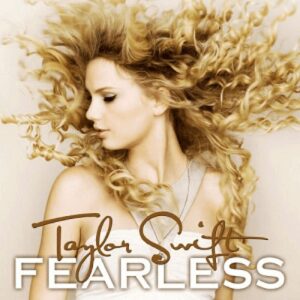
2008, 8/10
Fearless is a strong sophomore effort from a more mature Swift, which proves that her first album wasn’t a fluke. Fearless features more diverse arrangements, like the piano and strings of ‘You’re Not Sorry’, and tougher guitars on songs like ‘Change’. Fifty-three minutes seems overlong for Swift’s straightforward songs, and Fearless could stand to lose a couple of tracks, although all of Swift’s songs here are sturdy, and the album ends on a high note with the anthem ‘Çhange’.
The young Swift thrives on realistic teen experiences, and songs like ‘Fifteen’ work with their believable, autobiographical lyrics (“‘Cause when you’re fifteen/Somebody tells you they love you/You’re gonna believe them”). ‘Breath’ is a gorgeous track, with its lilting melody underscored by strings, while the family reminiscences of ‘The Best Day’ are charming. I usually detest key changes between two consecutive choruses, but the tick works in ‘Love Story’, because it’s accompanied by exuberant, previously unheard lyrics (“marry me Juliet/You’ll never have to be alone”).
The peak of the early, country-oriented Swift, Fearless is a remarkable record from an 18-year-old writer.
Speak Now
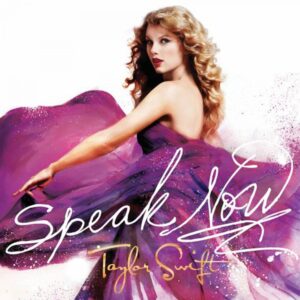
2010, 7.5/10
Speak Now isn’t a significantly different record than Fearless – if anything it’s a shift towards pop music, and songs like ‘Enchanted’ and ‘Haunted’ contain very few country elements, instead layered with dramatic orchestration. Speak Now is the only album on which Swift wrote all the songs by herself – like a bid for acceptance from rock-oriented critics who prefer self-contained acts – but Swift stated that it was coincidental and that she had most of her good song ideas when her writing partners weren’t around. Swift doesn’t need a songwriting partner here as much as she needs an editor – the 14 songs here stretch out over 67 minutes, and it’s to the record’s detriment.
Swift’s indulging in the kiss-and-tell analysis that she’s infamous for, most notably on the accusatory ‘Dear John’ – it’s clearly an important song for Swift, but it drags at almost seven minutes. Also of note is ‘Better Than Revenge’ where Swift dismisses a female rival with the scathing “She’s better known for the things that she does/On the mattress.”
Tucked away in the over-length, there are great songs – ‘Back To December’ is beautiful with its pretty melody and strings, while the dramatic ‘Haunted’ is also effective. ‘The Story Of Us’ and ‘Mine’ are pacy, succinct pop songs – the latter’s “You made a rebel of a careless man’s careful daughter” might be the best line that Swift’s ever penned.
It needs some editing, but there are plenty of great songs on Speak Now. Some of the best material is the farthest away from country, and it’s not surprising that Swift moved towards pop on her next record.
Red
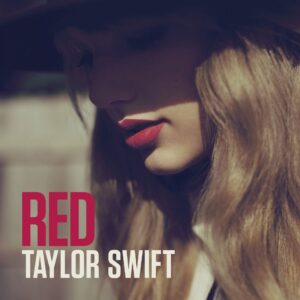
2012, 9/10
Swift had been edging towards pop music throughout her first three records, but Red is the first album where she’s primarily a pop artist. Before Red, I was mostly aware of Swift due to the incident at the 2009 MTV Video Music Awards, when Kanye West stormed the stage during her acceptance speech. After Red Swift was an inescapable pop phenomenon, with songs like ’22’, ‘I Knew You Were Trouble’, and ‘We Are Never Ever Getting Back Together’. Taylor collaborated with Swedish hit-maker Max Martin on those three hits, but also used her Taylor Swift-era team of Liz Rose and Nathan Chapman for the fan favourite ‘All Too Well’. There are still country elements, like the gentle closer ‘Begin Again’, while the record starts with the relatively urgent ‘State of Grace’.
Swift covers a lot of bases over the sixteen tracks of Red, but turns in an impressive number of great pop songs. The two duets, with Ed Sheeran and Snow Patrol’s Gary Lightbody, are among the disc’s weaker tracks, but most of the songs are very strong. There’s enough going on in ‘We Are Never Ever Getting Back Together’ to elevate it above a made-to-order hit – Swift’s lyrics are witty (“You would hide away and find your peace of mind/With some indie record that’s much cooler than mine”) and the post-chorus hook of “You go talk to your friends…” gives the song personality.
There are a ton of great album tracks – highlights include the brooding ‘Treacherous’, the slight but tuneful ‘Stay Stay Stay’, and ‘Starlight’, a tale of the courtship of Ethel and Bobby Kennedy. But my favourite is the title track, starting with a pretty country riff, before launching into a soaring chorus with Swift’s string of colour similes and metaphors (“Forgetting him was like trying to know somebody you never met/But loving him was red”).
Red was incredibly successful, and it’s justified – a record full of great tunes and thoughtful lyrics.
1989
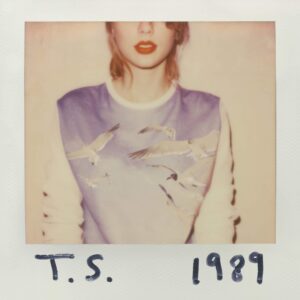
2014, 9.5/10
Red was a pop album, but it was still largely guitar-based, providing continuity from Swift’s earlier country records. 1989 is a pop album that’s based on the music from Swift’s year of birth. Swift listed her influences for the record as Phil Collins, Annie Lennox, and Like A Virgin-era Madonna, and 1989 is swathed in synths and drum machines. Max Martin and Shellback are much more involved than on the previous record, with Martin credited as executive producer and receiving writing credits on half of the tracks. A new collaborator is Jack Antonoff, from Bleachers, who worked with Swift on three tracks, including writing the backing track for ‘Out of the Woods’.
Despite all the changes in style, Swift’s melodic sense and lyrics are intact. If anything her lyrics are sharper than before, especially when she’s poking fun at her public persona; on ‘Shake It Off’ she sings “I go on too many dates/But I can’t make them stay”, while on ‘Blank Space’ she states “‘Cause darling I’m a nightmare dressed like a daydream”. The album boldly states its new sound immediately with the stark ‘Welcome to New York’, little more than a simple synth line and drum machine behind Swift’s vocal.
The hits are front-loaded, but 1989 has so many songs that sound like potential hits that it doesn’t matter. Seven singles were released, but album tracks like ‘All You Had To Do Was Stay’, and ‘I Wish You Would’ would also have served as singles. My favourite of the hits is the pulsing ‘Style’, where the meter of the words in the chorus showcases Swift’s lyric writing skills; “You got that James Dean daydream look in your eye /And I got that red lip, classic thing that you like.” Deluxe versions of the album include three extra tracks, and they’re all strong – the pretty ‘You Are In Love’ and the urgent, hooky ‘New Romantics’ are among the album’s best songs.
1989 is so jam-packed with memorable, well-written songs, that it should be remembered as one of the best pure pop albums of all time.
Reputation
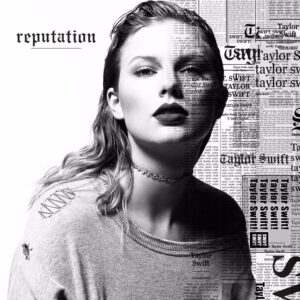
2017, 7/10
Taylor Swift’s reputation endured a tough time between in the years between 1989 and Reputation – she was engaged in a Twitter feud with Kanye West, where she was painted as the villain. Accordingly, Reputation has the feeling of Swift hunkered down in her bunker, with song titles like ‘This Is Why We Can’t Have Nice Things’ and ‘Look What You Made Me Do’, while the cover image is a reproduction of a tabloid newspaper. At least she has a companion in her bunker – Swift’s romantic life is less volatile than usual, as lyrics like “My reputation’s never been worse/So you must like me for me” and “I want to be your end game” indicate.
This time around, Swift seems more interested in self-expression than she is in making an album of catchy pop songs – ‘Look What You Made Me Do’ was a pointed choice as a first single, with its line “The old Taylor can’t come to the phone right now…she’s dead.” The record’s often interesting, but it’s as much an insight into Swift’s inner workings as a pop record. As on 1989, Swift’s main collaborators are Jack Antonoff, and Max Martin and Shellback, but it’s a darker and more personal record.
Despite the darker, more personal songs, Swift’s pop sense is still intermittently intact on Reputation. The most successful songs are the driving 1980s pop of ‘Getaway Car’ and the more tender ‘Dancing With Our Hands Tied’. Reputation arguably captures a wider range of moods than any other Taylor Swift album, largely shedding her America’s Sweetheart persona – she’s vindictive on ‘Look What You Made Me Do’, sexy on ‘Dress’, wistful on ‘Delicate’, soulful on ‘Don’t Blame Me’, and flirty on ‘Gorgeous’.
Reputation is a muddled record after the streamlined pop of 1989, but it’s not without its charms. It will certainly appeal to dedicated Swift fans, with more insight into her personality than most of her records.
Lover
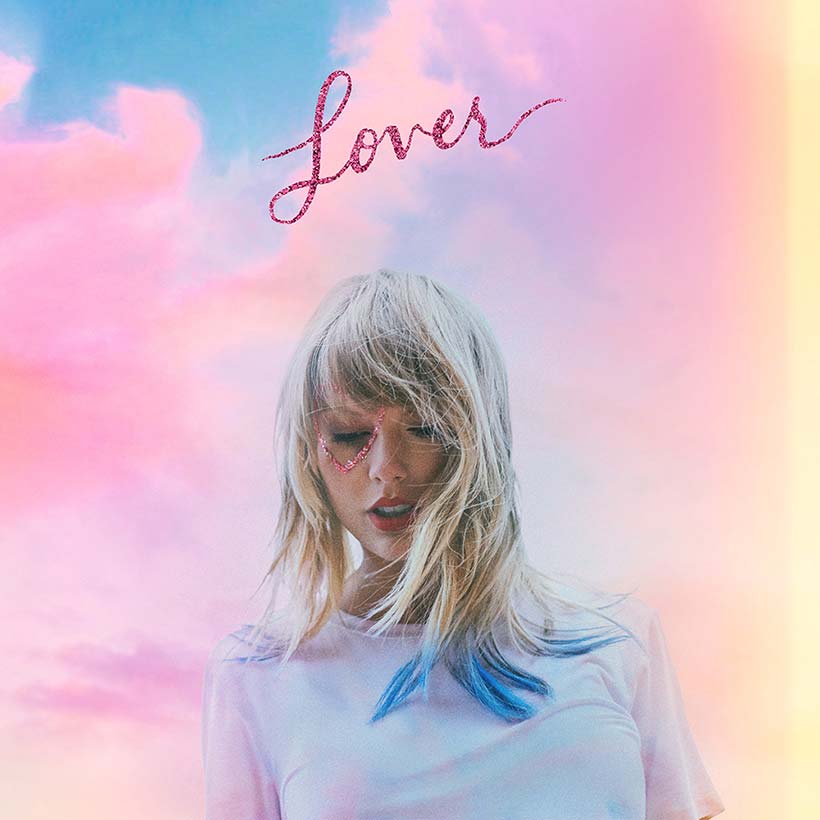
2019, 8.5/10
After the claustrophobia of Reputation, Lover is refreshingly joyful and breezy. Most of the record consists of mature and nuanced synth-pop, perfect for the audience that’s grown up with Swift. The album purposefully opens with ‘I Forgot You Existed’, a statement of purpose, ignoring detractors and focusing on the positive. Swift has characterised Lover as a “love letter to love”.
At 18 tracks, Lover would be stronger pared down to a dozen songs, but the best tracks are as good as anything Swift has released. On the title track, Swift delivers a soulful torch song, different than anything she’s released before, but playing to her strengths with its typically excellent lyrics: “Swear to be overdramatic and true to my lover.”
The dominant style on Lover is mature synth-pop, not unlike Carly Rae Jepsen’s recent albums, and often in collaboration with Jack Antonoff. ‘False God’ is buried towards the end of a long album, but it features some of Swift’s best lyrics, applying a series of religious metaphors to a relationship; “Make confessions and we’re begging for forgiveness/Got the wine for you”
Alongside the predominance of mature synth-pop, Swift’s trying different things – the upbeat ‘Paper Rings’ has a peppy Motown feel. She takes on politics with ‘Miss Americana & the Heartbreak Prince’ and the great line “You play stupid games, you get stupid prizes.” More surprisingly, Swift revisits country, playing with the Dixie Chicks on ‘Soon You’ll Get Better’, a low-key song about her mother’s battle with cancer.
While the choice to release the worst songs on Lover as the first two singles was an unusual ploy, Lover is a strong comeback from Swift. It presents a more mature version of Swift, helping to cement her position as one of popular music’s most accomplished songwriters.
Folklore

2020, 9/10
If there’s a complaint about Taylor Swift’s career to date, it’s that everything has seemed so calculated. Her albums are almost always released at two-year intervals, with a meticulously planned release campaign. Her lead singles have become progressively more execrable, calculated to stimulate maximum pop synapses. It was a surprise when Swift announced an album created in quarantine, then released it the next day.
Folklore is markedly different from Swift’s previous work – opener ‘The 1’ starts with minimalist piano, with Swift cussing in the first line. Swift feels emancipated, free to make the “indie record that’s much cooler than mine”. Her main collaborators on Folklore are Jack Antonoff and The National’s Aaron Dessner, who shared the co-writing duties with Swift on these gentle indie-folk tracks. Swift’s boyfriend Joe Alywn, under the alias William Bowery, is credited as a co-writer on ‘Betty’ and ‘Exile’.
The marked change in style has helped Swift’s credibility. She’s always been an outstanding songwriter, right back to when she wrote ‘Our Song’ for her school talent quest in her early teens, but the more relaxed tone on Folklore has increased her appeal. She’s often been accused of taking too much material from her love life, but here she’s more like a novelist, writing narratives like ‘Cardigan’, ‘August’ and ‘Betty’ – accounts from all three corners of a love triangle.
Swift’s vocal melodies are gorgeous on tracks like ‘August’ and ‘Invisible String’. ‘Cardigan’ doesn’t feel like a lead single, but there’s no obvious single choice on a subdued, introspective record. ‘Mad Woman’ has a beautiful piano introduction, while the duet with a non-falsetto Justin Vernon on ‘Exile’ provides a rare moment of variety. Folklore is very good, it simply feels overlong, with 16 songs running over an hour and little stylistic variation. It’s difficult to know what to cut though, as none of the tracks are obviously weak.
Despite the different style, Folklore has enjoyed massive success – it only took a week to become the year’s best-selling album in America. Swift’s on her eighth album, and the credibility-boosting Folklore bolsters an impressive catalogue.
Evermore

2020, 8/10
After 2017’s moribund and disappointing Reputation, I was speculating whether Swift’s best work was behind her. She’s proved me spectacularly wrong with three strong albums in less than eighteen months – Lover, Folklore, and now Evermore. Like Folklore, Evermore is an indie-folk album, with Swift again collaborating with The National’s Aaron Dessner. Evermore doesn’t feature the spellbinding vocal melodies of Folklore, but it’s enjoyable anyway, showcasing Swift’s abilities as a storyteller.
On a restrained record, some of the most memorable musical moments come from guests. Danielle and Este Haim add backing vocals to ‘No Body, No Crime’, a funky country track where the protagonist is also named Este. The National’s Matt Berninger duets on ‘Coney Island’, while Bon Iver features on the standout closing track ‘Evermore’. Elsewhere Swift’s best material is clustered near the end of the record – ‘Marjorie’ is named after her grandmother, while ‘Cowboy Like Me’ references her country heritage musically. ‘Long Story Short’ features typically well-written lyrics;
No more keepin’ score now
I just keep you warm
And my waves meet your shore
Ever and evermore
Evermore doesn’t have as much musical appeal as Folklore, but it’s more than enough to sit back and enjoy a master storyteller plying her trade.
Midnights

2022, 7/10
Taylor Swift’s tenth album tells the story of thirteen sleepless nights throughout her life. Working again with producer Jack Antonoff, Midnights crosses the more mature style of Swift’s 2020 folk-tinged albums with the pop textures of 1989 and Lover. The good news is that Swift has grown past the need to write forced radio anthems like ‘Shake It Off’ and ‘Me!’. Unfortunately, the lack of pop crossover leaves Midnights disappointingly uniform with little stylistic variation.
There are strong pop sensibilities from Swift and Antonoff on some tracks – ‘Anti-Hero’ has a terrific hook where Swift sings “It’s me, hi/I’m the problem, it’s me”. ‘Karma’ makes good use of Swift’s upper register on its chorus. Swift’s released enough music that her melodic tricks feel overused – nothing is surprising on Midnights. She’s still an impressive lyricist – “Did you ever have someone kiss you in a crowded room?” is a great image-conjuring line.
Midnights is solid but doesn’t add much to Swift’s legacy apart from a handful of catchy singles.
The Tortured Poets Department

2023, not yet rated
Swift’s eleventh studio album is another collaboration with Jack Antonoff. I’m still forming an opinion, but it’s more interesting and idiosyncratic than Midnights. It uses more of the storytelling style of Folklore and Evermore.
After a couple of listens my favourite songs include the title track, with the opening line “You left your typewriter at my apartment/Straight from the tortured poets department”. I also appreciate the shoutout to The Blue Nile on ‘Guilty as Sin’ – “Drowning in the Blue Nile / He sent me Downtown Lights / I hadn’t heard it in a while”.
10 Favourite Taylor Swift Songs
Style
Red
August
All Too Well
Lover
Getaway Car
Our Song
Anti-Hero
Mine
Begin Again
Back to 2010s Album Reviews….
2 Comments
Leave a Reply
Related Pages
About
Aphoristic Album Reviews is almost entirely written by one person. It features album reviews and blog posts across a growing spectrum of popular music.
Review Pages
Read about the discographies of musical acts from the 1960s to the present day. Browse this site's review archives or enjoy these random selections:
Blog Posts
I add new blog posts to this website every week. Browse the archives or enjoy these random selections:
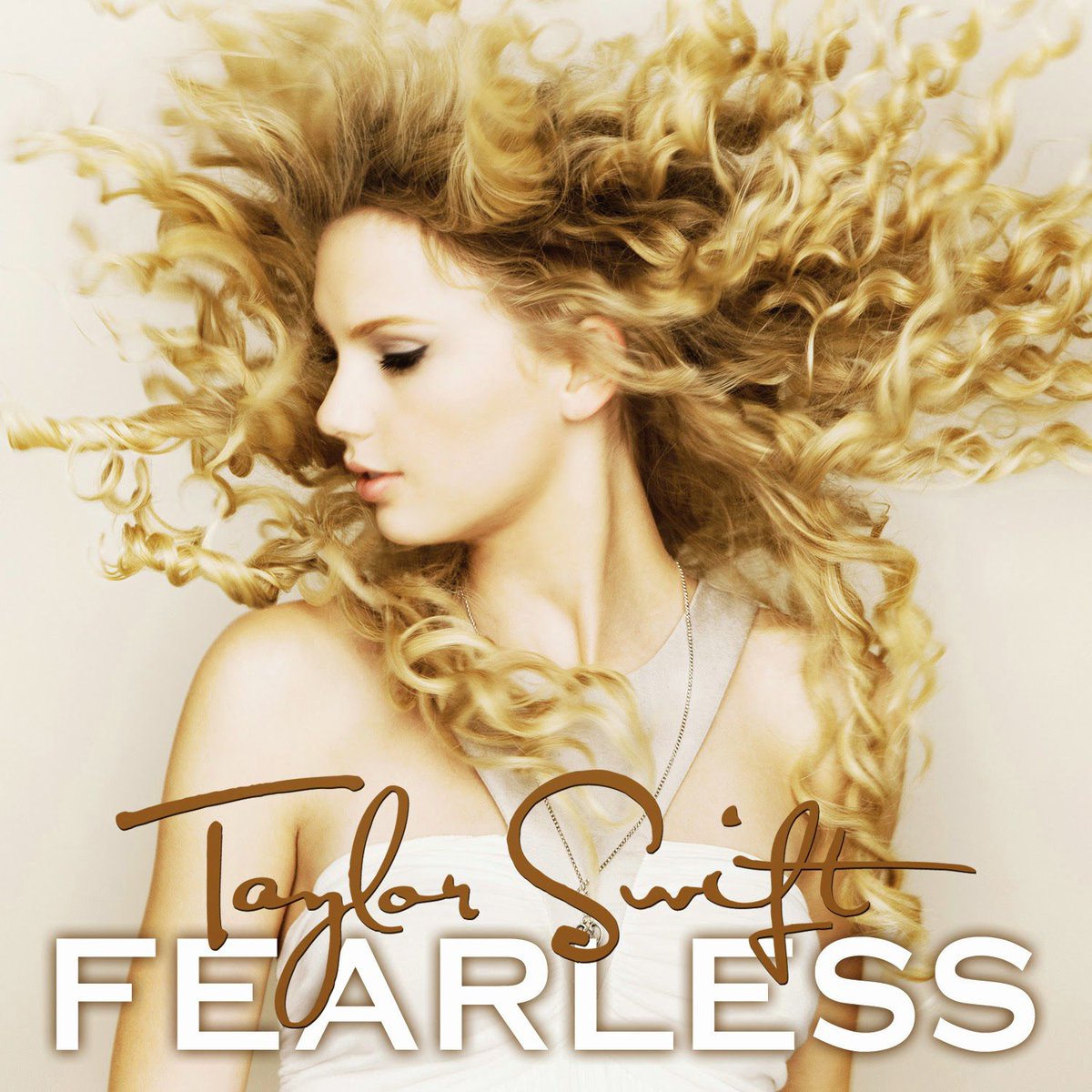

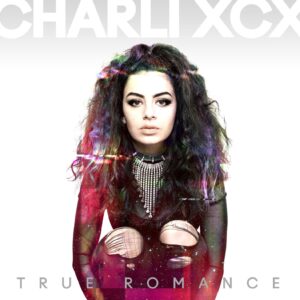
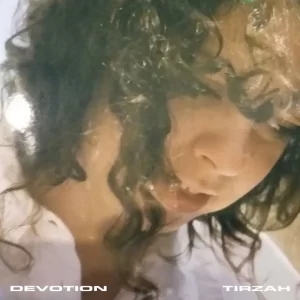

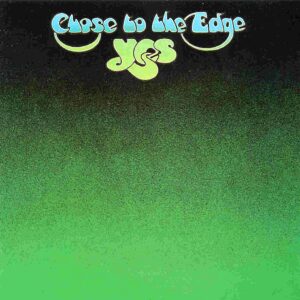


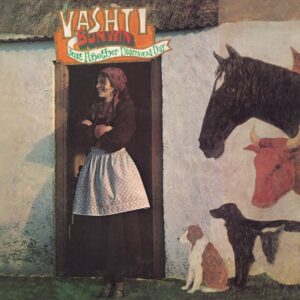
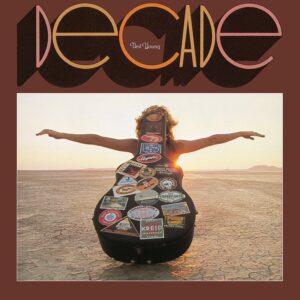
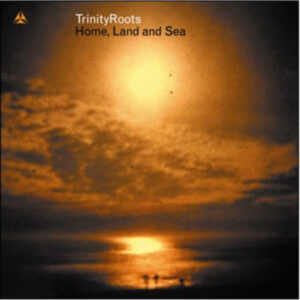
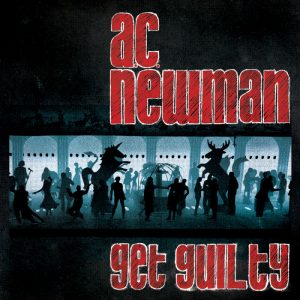

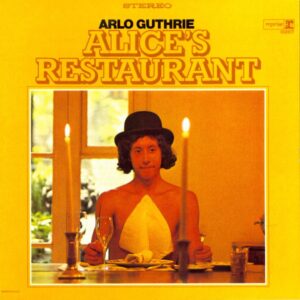
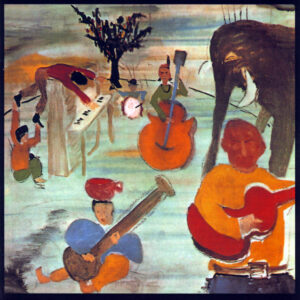

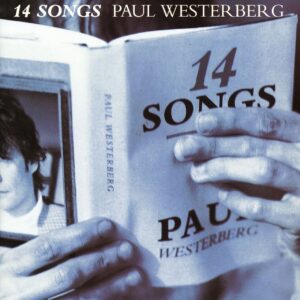


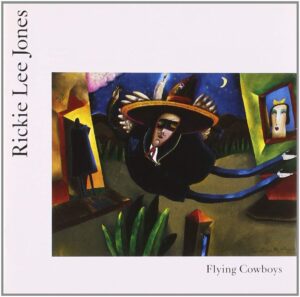




Awesome review 👌👏👍👍👍
wtf